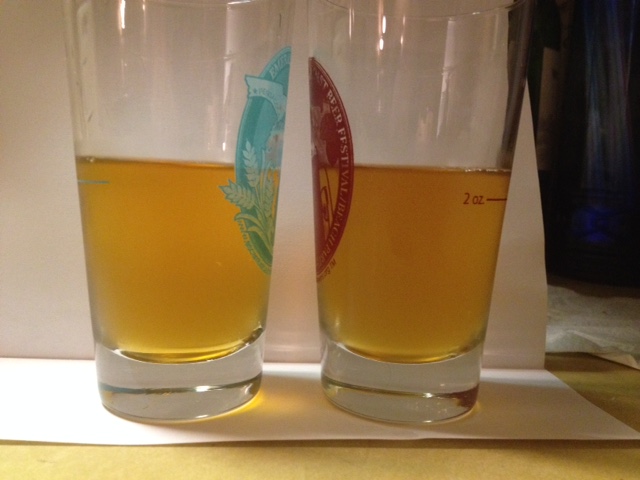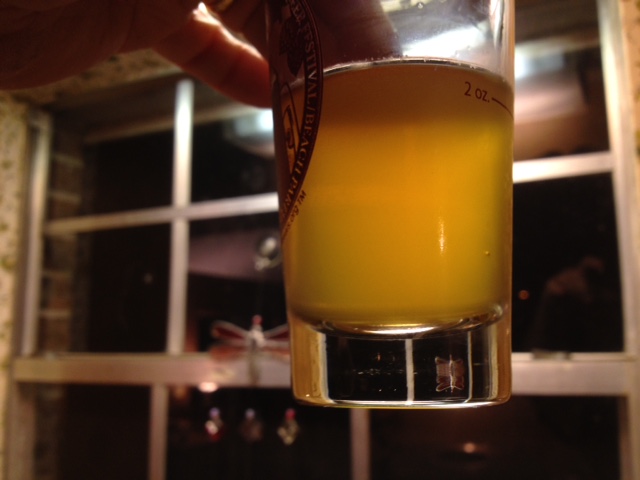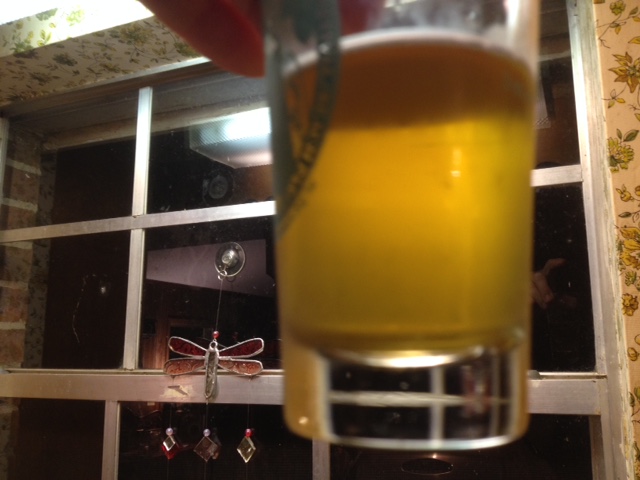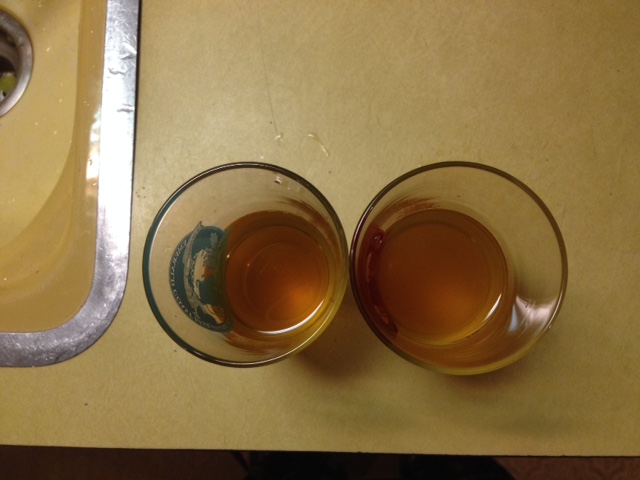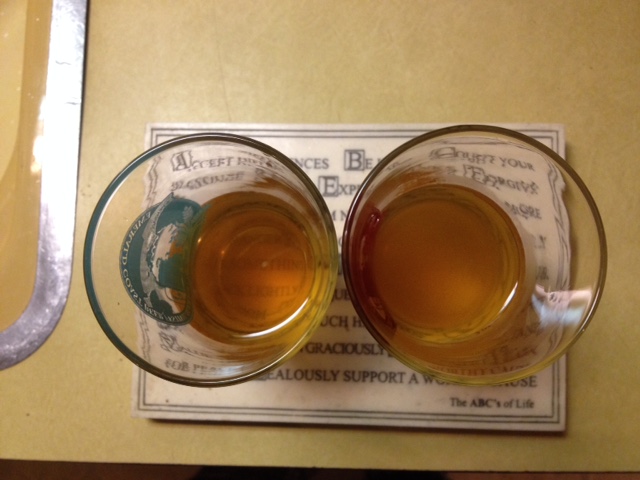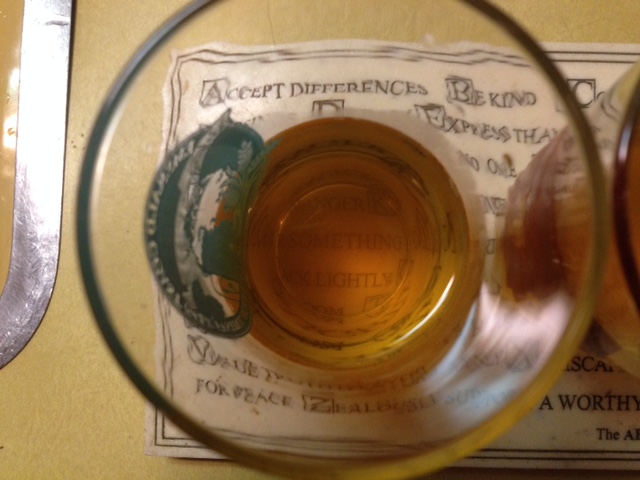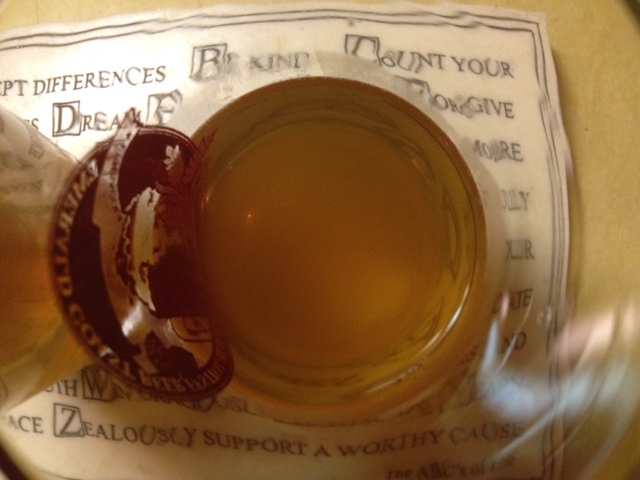I started a thread on a slightly different topic (adding an enzyme like CF to a "normal" beer rather than treating the entire batch during fermentation) and wanted to post some related info here:
I contacted White Labs. They responded said the main reason that Clarity Ferm is added during active fermentation is that the turbulence helps keep the enzyme in suspension better. In a fermented beer it would tend to sink to the bottom and not be as effective in interacting with the proteins. It appears that Brewer's Clarex (originally a DSM Product) is only sold under White Labs brand, so maybe they have an exclusive agreement on these products. White Labs also said that they have hopes to develop a product that can be added post fermentation, but do not have one yet.
I think a product such as this would be a huge improvement for consumers as breweries could brew normal batches and add the enzyme at packaging to break down the gluten.
- brew with normal processes, and add the enzyme to a certain amount of kegs/bottles/cans for sale.
- since the enzyme would be added at the last stage of production the possibilities for gluten cross-contamination (and the efforts breweries have to take to prevent this) would be less likely.
- the amount of "gluten reduced" beer could be exactly controlled. The cost could be reduced as the enzyme would be used on the amount they wished to have less gluten and not the whole batch being fermented.
- this could possibly be done by the consumer themselves if necessary (buy a keg/growler add recommended dose of enzyme).
For homebrewers making it is not a big deal to add a vial of Clarity Ferm during fermentation. Doing this at a larger scale requires a lot more commitment, resources, time and costs which is why I think we have seen less beers using this "treatment". They also have liability issues to worry about depending on how the product is marketed.
Based on the information I have found when AN PEP (the enzyme in Clarity Ferm) is used in the proper and conditions ratio it can break down a large % gluten very rapidly (<10 minutes). The pH of beer seems to be in the acceptable range for sure for this enzyme. I have not seen information regarding the optimal temperature range, but appears to handle a range of temperatures that one would store beer at. White Labs has no disclaimer about CF not working in lager beer so that is a good sign as well.
I have come up with an experiment to test this on a commercially available beer at small scale (per bottle) and get some basic gluten tests to determine effectiveness. I think the biggest challenge will be getting accurate measurements as I would prefer not to spend too much $$ on testing equipment or labs. I know White Labs does testing so that could be an option if I can't do it myself. When I get around to this will post my results if anything can be determined from it.











































![Craft A Brew - Safale BE-256 Yeast - Fermentis - Belgian Ale Dry Yeast - For Belgian & Strong Ales - Ingredients for Home Brewing - Beer Making Supplies - [3 Pack]](https://m.media-amazon.com/images/I/51bcKEwQmWL._SL500_.jpg)













